Humus And Manure: The Ultimate Guide To Improving Your Garden Soil
Introduction
Healthy soil is essential for a thriving garden. It provides plants with the nutrients they need to grow strong and healthy, and it also helps to regulate soil temperature and moisture levels. There are many ways to improve your garden soil, but two of the most effective methods are adding humus and manure.
What is Humus?
Humus is a dark, organic matter that is formed when plant and animal remains decompose. It is a complex mixture of compounds that includes carbon, nitrogen, phosphorus, potassium, and other essential nutrients. Humus improves soil structure by making it more loose and airy, which allows water and air to reach plant roots more easily. It also helps to retain moisture, so plants are less likely to dry out.
What is Manure?
Manure is another type of organic matter that can be used to improve soil. It is the solid waste produced by animals, such as cows, horses, and chickens. Manure is a good source of nitrogen, phosphorus, and potassium, and it also helps to improve soil structure.
How to Add Humus and Manure to Your Garden Soil
There are a few different ways to add humus and manure to your garden soil. You can spread it on the surface of the soil, mix it into the soil, or compost it. If you spread it on the surface, be sure to work it into the soil at least 6 inches deep. If you mix it into the soil, be sure to do so evenly. And if you compost it, be sure to turn the compost regularly to ensure that it decomposes properly.
The Benefits of Adding Humus and Manure to Your Garden Soil
There are many benefits to adding humus and manure to your garden soil. These benefits include:
- Increased nutrient availability for plants
- Improved soil structure
- Increased water retention
- Reduced erosion
- Improved drainage
- Increased resistance to pests and diseases
How Much Humus and Manure Should You Add to Your Garden Soil?
The amount of humus and manure you need to add to your garden soil will depend on the type of soil you have and the plants you are growing. However, a general rule of thumb is to add 1-2 inches of humus or manure per year.
When to Add Humus and Manure to Your Garden Soil
The best time to add humus and manure to your garden soil is in the fall or spring. This will give the organic matter time to decompose before the growing season begins.
Conclusion
Humus and manure are two of the most effective ways to improve your garden soil. By adding these organic materials to your soil, you can help to improve nutrient availability, soil structure, water retention, and resistance to pests and diseases. As a result, your plants will be healthier and more productive.
Humus and manure are two important soil amendments that can improve the health and productivity of your garden. Humus is a dark, crumbly material that is formed from the decomposition of organic matter. It contains important nutrients for plant growth, as well as beneficial microbes that help to improve soil structure and drainage. Manure is a natural fertilizer that is high in nitrogen, phosphorus, and potassium. It can be used to improve the fertility of your soil and promote plant growth.
If you are interested in learning more about humus and manure, I recommend visiting the Home Gardening. This website provides a wealth of information about these two soil amendments, including their benefits, how to use them, and where to find them.
FAQ of humus and manure
What is humus?
Humus is the dark, crumbly organic matter that is found in soil. It is made up of the remains of plants and animals that have decomposed over time. Humus is an important part of soil because it helps to improve soil structure, water retention, and nutrient availability.
What is manure?
Manure is the solid waste produced by animals. It is a good source of nutrients for plants, and it can also be used to improve soil structure. However, manure can also contain harmful bacteria, so it is important to compost it properly before using it in the garden.
What are the benefits of using humus and manure in the garden?
Humus and manure both have a number of benefits for plants. They can help to:
- Improve soil structure
- Increase water retention
- Improve nutrient availability
- Promote plant growth
- Reduce the need for chemical fertilizers
What are the differences between humus and manure?
Humus and manure are both organic materials that can be used to improve soil health. However, there are some key differences between the two:
- Humus is a more stable material than manure. It is made up of the remains of plants and animals that have decomposed over a long period of time. Manure, on the other hand, is a more recent addition to the soil. It is still in the process of decomposing, and it can contain harmful bacteria.
- Humus is a more finely textured material than manure. This means that it is better at improving soil structure and water retention. Manure, on the other hand, is a coarser material. It is better at providing nutrients to plants.
How do I use humus and manure in my garden?
There are a few different ways to use humus and manure in your garden. You can:
- Add it to the soil as a fertilizer
- Use it to make compost
- Mulch your plants with it
When using humus or manure, it is important to follow the directions on the package. This will help to ensure that you are using the correct amount and that you are not harming your plants.
Image of humus and manure
10 different images of humus and manure that are free to use:
Humus is a dark, organic material that is formed from the decomposition of plant and animal matter. It is rich in nutrients and helps to improve soil structure and fertility.
Manure is a mixture of animal excreta and bedding materials. It is a good source of nitrogen, phosphorus, and potassium, and it can be used as a fertilizer or soil amendment.
Cow manure is a common type of manure that is high in nutrients. It is often used as a fertilizer for gardens and lawns.
Chicken manure is another type of manure that is high in nutrients. It is often used as a fertilizer for gardens and lawns.
Horse manure is a type of manure that is high in nutrients and fiber. It is often used as a fertilizer for gardens and lawns.
Pig manure is a type of manure that is high in nitrogen and phosphorus. It is often used as a fertilizer for gardens and lawns.
Sheep manure is a type of manure that is high in nitrogen and potassium. It is often used as a fertilizer for gardens and lawns.
Rabbit manure is a type of manure that is high in nitrogen and phosphorus. It is often used as a fertilizer for gardens and lawns.
Vermicompost is a type of compost that is made by earthworms. It is high in nutrients and is often used as a fertilizer for gardens and lawns.
Black gold is a type of humus that is formed from the decomposition of peat. It is very rich in nutrients and is often used as a fertilizer for gardens and lawns.

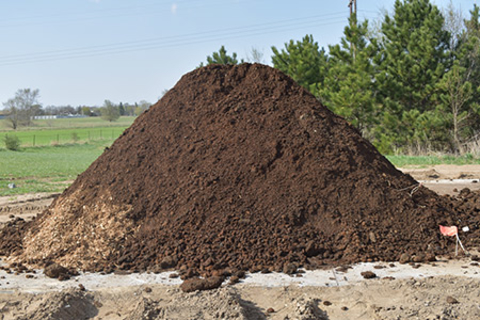
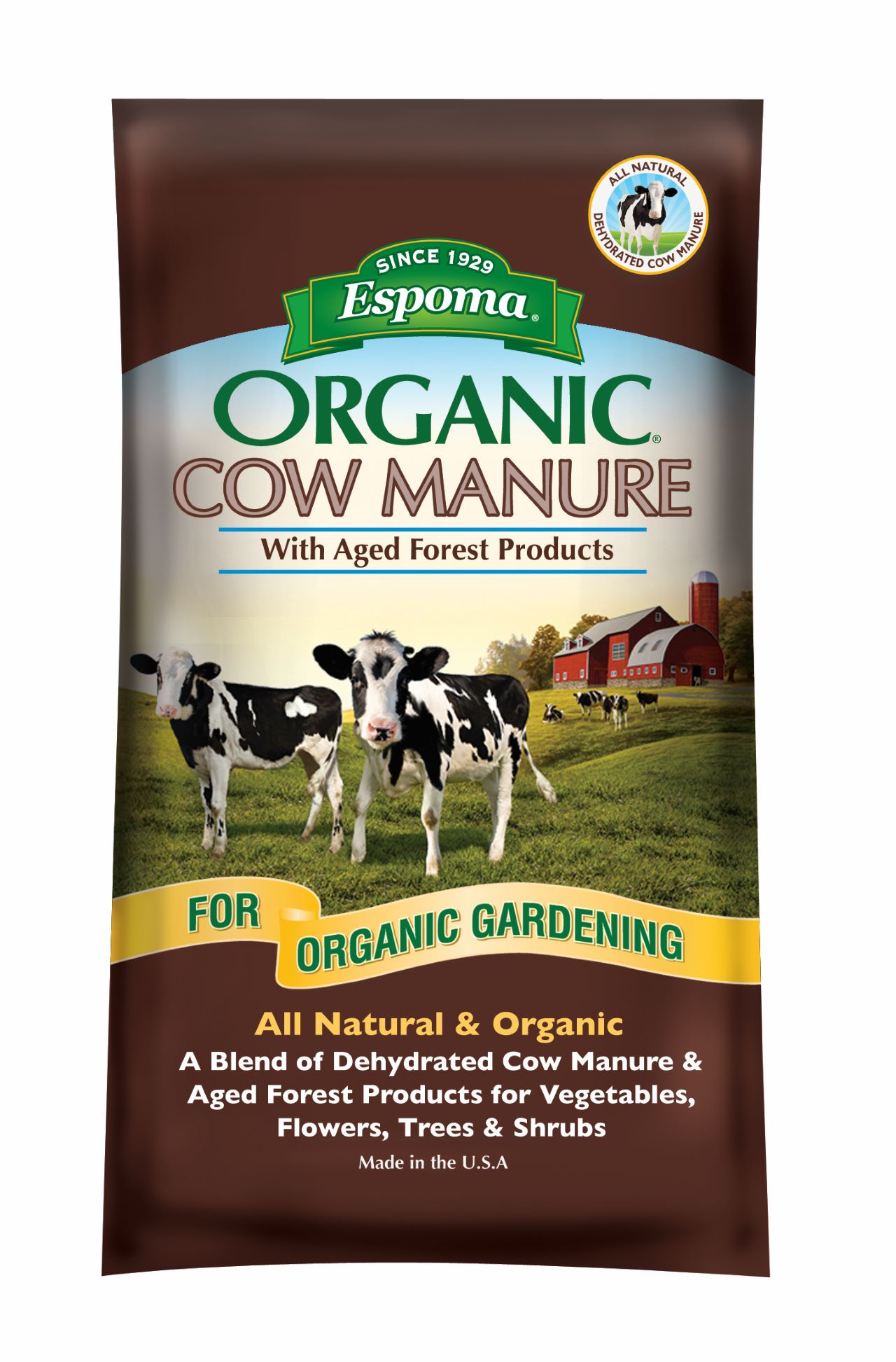
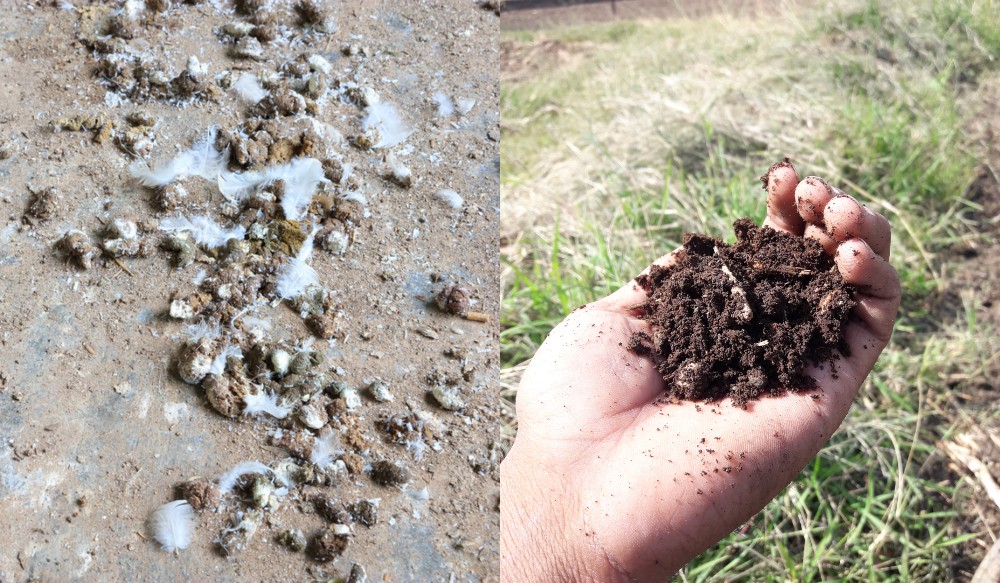

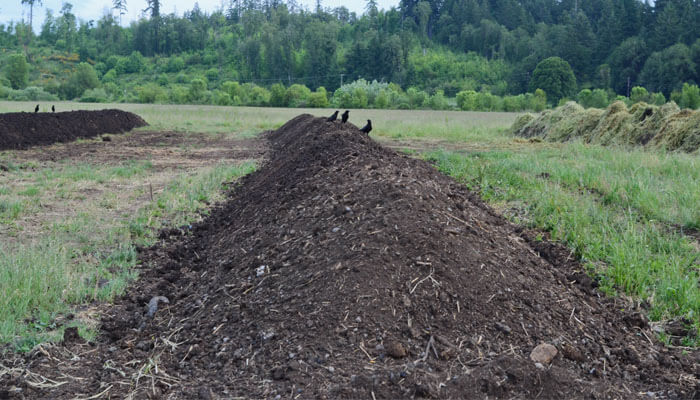

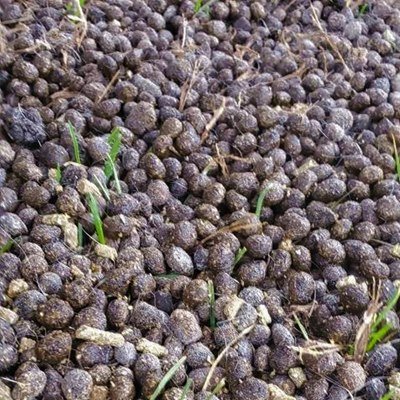
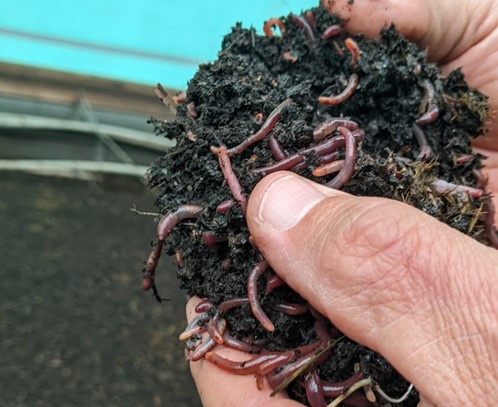

Post a Comment for "Humus And Manure: The Ultimate Guide To Improving Your Garden Soil"